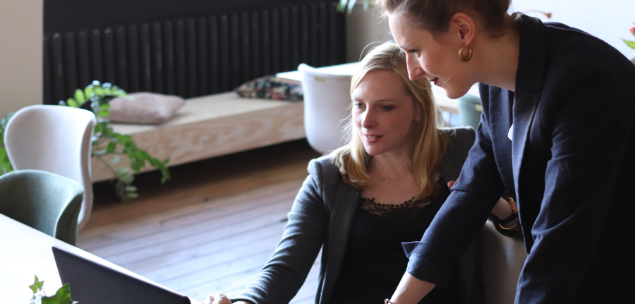More than half of Australians (52%) feel uncomfortable about returning to the workplace right now, with the vast majority (93%) of people saying it is important that they are allowed to work remotely at any point if they feel unsafe.
This is the key finding from Qualtrics’ Return to Work & Back to Business Study, a survey which asked 507 Australians how confident they felt about returning to the workplace or visiting public establishments right now—and what it would take for them to feel comfortable doing so.
While the majority of workers (60%) expect to return to the workplace by the end of July, around 1 in 3 Australian respondents say a treatment (32%) or vaccine (34%) for COVID-19 must be approved for them to feel comfortable returning to the workplace. Furthermore, around half want to wait for state (53%) and federal (49%) government approval before returning to the office.
“Australia has done remarkably well to flatten the curve and it’s exciting to see government ease restrictions for businesses. But as they do employers and businesses need to remember the pace with which they are re-opening might not match their employees’ or customers’ readiness to return,” said Brigid Archibald, Managing Director for Qualtrics in APJ.
“Employee and customer expectations have accelerated at an unprecedented rate in recent months. As restrictions continue to lift, organisations and governments need to understand how employee and customer behaviours and attitudes have changed so that they can take actions helping them feel confident during this next phase of the ‘new normal’.
“Those organisations able to rapidly listen, understand, and act on the issues that make employees and customers feel confident to return – using tools like the Qualtrics Return to Work Pulse – will have a distinct advantage in this uncertain and rapidly changing period.”
Related:
Returning to work – key findings
The survey found that before they feel ready to return to work, employees want their employers to put the following safety practices in place.
- Hand sanitiser (63%)
- Prohibition of handshakes and hugs (52%)
- Social distancing rules (49%)
- Limitations on size of meetings (45%)
- People with compromised health to work from home (42%)
Once they do return to work, employees said they would feel more comfortable if the following measures are taken by their employer to protect themselves and their co-workers.
- Remote work if they, at any point, feel unsafe (93%)
- Temperatures checked each day before entering (79%)
- Wearing masks (60%)
Getting back to business – key findings
Despite restrictions starting to ease, people still don’t feel confident interacting with each other and almost half (49%) think we will never “get back to normal.”
Over two thirds (63%) of respondents admit they still feel uncomfortable going to the gym, despite gyms and other indoor activities like yoga and pilates starting to reopen. In addition, more than half (58%) of respondents say they would feel uncomfortable playing a team sport and a similar proportion (52%) wouldn’t want to attend a religious service.
Live concert and sporting events: While sporting events like the NRL and AFL have restarted and will begin to welcome back spectators, two-thirds (66%) of respondents say they wouldn’t feel comfortable attending a live sporting event until September 1 or later. This number increases to 76% when applied to attending a live concert until September 1 or later.
Restaurants: Though restaurants have started to reopen, almost half (49%) of people say they would feel uncomfortable eating at a restaurant right now. More than a third (39%) of people say they wouldn’t feel comfortable eating in a restaurant until September 1st or later.
Flights and public transit: When it comes to public transport, almost two thirds (59%) of people feel uncomfortable using it right now, and 71 per cent would feel uncomfortable flying on an airplane.
“As measures lift and businesses continue to reopen in the coming weeks and months, it’s essential they can understand how customers feel. Identifying the measures customers want to see implemented allows businesses to take action in the areas that matter most,” said Archibald.
“Capturing feedback from frontline staff and digital channels will equip organisations with the data they need to cultivate consumer trust and confidence, and ultimately move forward.”
Keep up to date with our ‘COVIDSafe’ stories on LinkedIn, Twitter, Facebook and Instagram.

